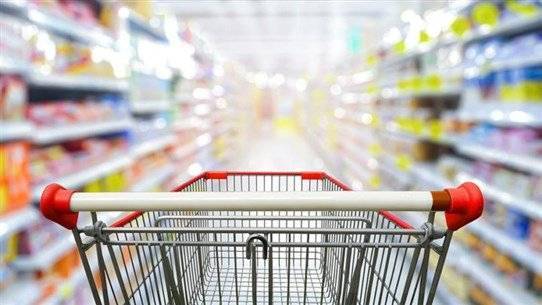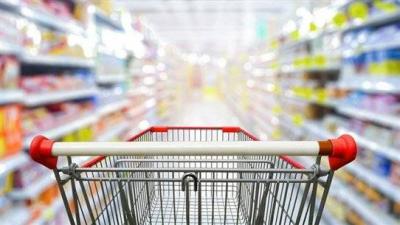Lebanon often ranks first globally in crises and issues, with its latest achievement being the top spot on the World Bank's food price inflation index released on August 1, surpassing countries like Zimbabwe and Venezuela. Prices have surged by more than 200 percent over the past two months, affecting even locally produced goods. Notably, this insane price increase is no longer solely tied to the rising exchange rate of the dollar in the black market, as throughout the summer, the parallel rate remained relatively stable without any corresponding stability in food prices, which continued to rise steadily. Traders justified that the price hikes are linked to factors beyond their control, such as geopolitical developments and rising fuel prices, including transport and shipping. Conversely, the dollar has also started fluctuating upwards, introducing a new internal factor affecting price increases. Will traders adjust their prices soon, and by what percentage?
Hani Bahsali, head of the food importers syndicate, explained to "Al-Markazia" that "price changes have become dynamic, and the discrepancies in calculating the exchange rate for pricing have not been substantial. The difference between 30,000 and 33,000 Lebanese pounds per dollar means a 10% difference, which is considerable, indicating that prices for goods and foodstuffs could see a notable increase."
He pointed out that "every company calculates its prices based on its capital and goods; thus, pricing is not generalized or uniform, but the increase should not exceed the difference in the exchange rate," noting that "the market is very 'tired,' and these conditions do not encourage traders to raise prices except for the necessary percentage to cover the exchange rate difference."
Regarding the price increases despite the previous stability of the exchange rate, Bahsali sees that "global reports and data previously issued by the syndicate indicate that the dollar price is one of the internal factors affecting food prices, but it is not the only one. However, conversely, prices for many items, especially after the Ukrainian war, have decreased, such as wheat, oils, sugar, and grains, and they have adjusted downwards as the exchange rate has stabilized."
He continues, "The year 2022 is difficult from an agricultural perspective, and the prices of goods are not solely related to the exchange rate. International reports have announced sharp increases of over 20% on essential goods globally, and the importer who placed an order in February, for example, received it in April or May," reminding that "everything we are experiencing today had been warned about to the officials."
For his part, Zohair Barou, President of the Consumer Protection Association, believes via "Al-Markazia" that the price increases in this manner are "the natural consequences of a collapse of such magnitude, the state being paralyzed, and the disappearance of any solutions for three years." He added, "Problems are not solved by merely discussing prices and monitoring them. Therefore, it is essential to address the causes that led to the collapse that the country is experiencing at various levels, after the political system reached a dead end and completely lost its validity, confirming the necessity for change; otherwise, it becomes mere details and a waste of time that lead to no results," anticipating that "things will move towards the worse."




